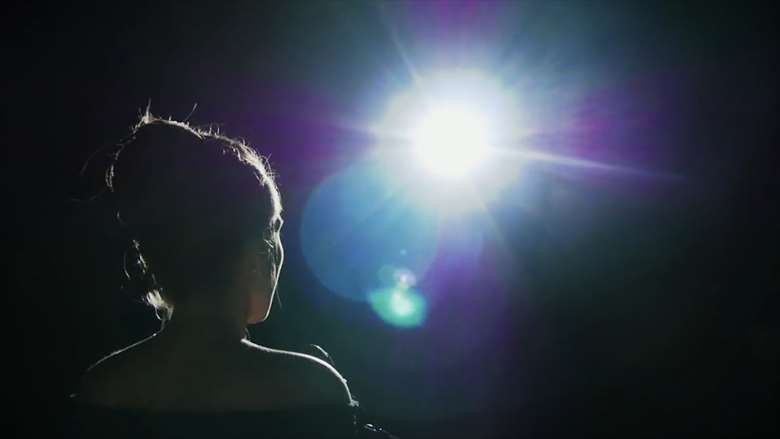Sexism is preventing women from forging careers in opera
Becca Marriott
Wednesday, December 2, 2020
Soprano Becca Marriott sheds light on the twin problems of ageism and sexism in the opera world


Register now to continue reading
Don’t miss out on our dedicated coverage of the classical music world. Register today to enjoy the following benefits:
- Unlimited access to news pages
- Free weekly email newsletter
- Free access to two subscriber-only articles per month